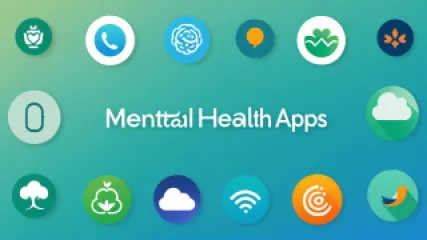Mastering Emotional Intelligence: A Step-by-Step Guide
1 year ago
Emotional Intelligence Basics
Mastering Persuasive Psychology: A Step-by-Step Guide
1 year ago
Psychology of Persuasion
Why Embracing Change Can Unlock a Positive Mindset
1 year ago
Overcoming Fear of Change
The Ultimate Guide to Success Psychology
1 year ago
Success Psychology
How to Explore the Intersection of Philosophy and Psychology
1 year ago
Philosophy and Psychology
The Ultimate Guide to Mastering Success Psychology
1 year ago
Success Psychology
Understanding Your Moods: A Step-by-Step Guide
1 year ago
Understanding Moods
10 Powerful Techniques to Master the Psychology of Persuasion
1 year ago
Psychology of Persuasion
What is the Mind-Body Dichotomy?
1 year ago
Mind Body Dichotomy
My Journey to Developing Emotional Intelligence
1 year ago
Emotional Intelligence Basics
Mastering Mood Journaling: A Step-by-Step Guide
1 year ago
Understanding Moods
10 Best Philosophy and Psychology Books for Personal Development
1 year ago
Philosophy and Psychology
Developing Resilience: A Step-by-Step Guide to Cultivating Grit
1 year ago
Cultivating Grit
Overcoming Depression: My Personal Journey to Healing
1 year ago
Depression Self Help Tips
What Are the Best Mental Health Apps for 2023?
1 year ago
Mental Health Apps















